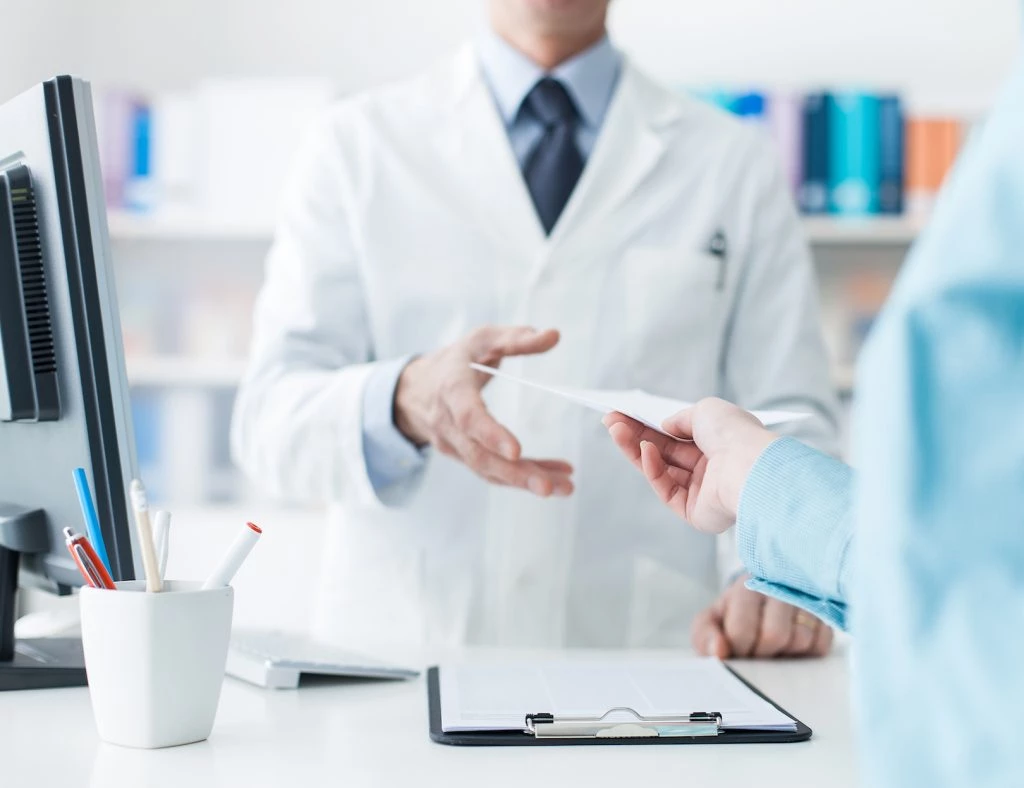Chlamydia is a very common STI which affects both men and women. It’s easy to treat but often comes with no symptoms, which partly accounts for its high rate of infection, as many people pass it on without even knowing they have it.
Even if you do have symptoms they might not manifest themselves until several weeks after you’ve had sexual contact with someone who is infected.
What are the symptoms?
For women, symptoms include:
- Abnormal vaginal discharge, which may have a strong smell
- A burning sensation when urinating
- Pain during intercourse
If the infection spreads, you might get lower abdominal pain, pain during sex, nausea, or fever.
For men, symptoms include:
- Discharge
- A burning sensation when urinating
- Burning or itching around the head of the penis
- Sometimes (but not often) you might experience pain or swelling in one or both of your testicles
Unfortunately, chlamydia doesn’t discriminate when it comes to your other orifices. You can get it in the rectum, where it might cause rectal pain, discharge and/or bleeding, and you can get it in the mouth.
Oral chlamydia infections affect the cells lining the throat, but like its more well-known manifestation, could come with no symptoms at all. The most common symptom is a sore throat, also known as pharyngitis, which can last for several days. This discomfort may be continuous or come and go, and swallowing may increase the discomfort. A sore throat caused by chlamydia may be accompanied by low-grade fever and swollen lymph nodes in the neck.

You no longer need to visit your GP to get treatment for chlamydia.
I think I’ve got chlamydia. What should I do?
If any of the above sounds familiar to you, help is at hand. It is important, however, to make sure you haven’t diagnosed yourself with the wrong STI. That could mean a trip to your GP or local sexual health clinic, but these days you can even test yourself at home.
We know that STIs can be embarrassing, which is why our online pharmacy offers a prompt delivery service with discreet packaging so you don’t have to worry about someone else intercepting your antibiotics.
If you’ve tested positive for chlamydia it’s important that all your sexual partners within the last six months get tested. That might sound daunting, but sexual health and GUM clinics have specialised sexual health advisers who can help you contact your recent sexual partners and explain that they have been exposed to a sexually transmitted infection and therefore need to be tested promptly.
To treat your chlamydia we can provide free delivery of the antibiotic azithromycin, which destroys the bacteria responsible for the infection by preventing it from producing the proteins it needs to survive. This antibiotic also remains in the body for a long period of time to prevent recolonisation of the bacteria which causes this infection.
All you need to do is fill out a short online consultation form so that our clinicians can determine whether you’re eligible to receive this treatment, and you can find relief without having to visit your GP or sexual health clinic!





